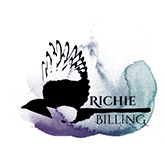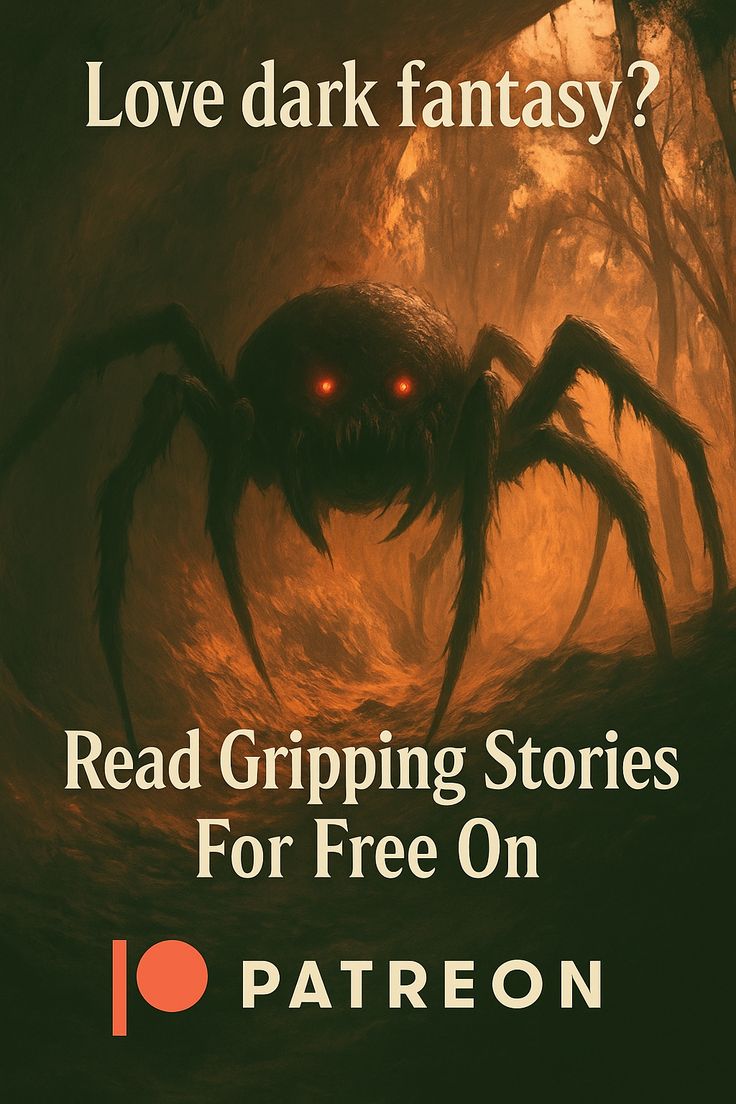Creating our stories and transferring them to the page is a tough job. However, with the advancement of technology that job has become much easier. Nowadays, there are plenty of writing tools available to use, from spellcheckers to prompt writers.
On this page, you can find some of the tools for writers that I’ve created myself, such as lists of fantasy publisers, magazines and journals, a directory of book reviewers, and links to free creative writing lectures.
You can also find my fantasy name generator tool for help coming up with character names, and you can also find my book description generator too.
Simply click on either the title or the image to go to the resource.
Writing Tools
Below, you can find a breakdown and links to all of the writing tools on my website.
List Of Fantasy Publishers For Novels And Novellas
If you want to find publishers for your fantasy novel, I have a long list featuring a mix of the top traditional publishing houses and quality independent and small presses.

List Of Fantasy Magazines And Journals For Short Stories
If you want to find a home for your fantasy short story and maybe earn some money for your writing, as well as publication credits, head here to view a list of hundreds.

List Of Book Reviewers
If you want to connect with book reviewers to get more eyes on your book and some reviews on Amazon and Goodreads, check out this massive list. You can find bloggers, Tik Tokers, bookstagrammers and YouTubers.

Fantasy Writing Groups
If you want to join a fantasy writing group, maybe to connect with fellow writers or to get some all-important feedback, check out this mega list here.

Free Creative Writing Lectures
If you want to study more about creative writing, there are lots of brilliant and free lectures online. Here you can find a mix of some of the best.

Fantasy Name Generator
Sometimes coming up with fantasy names is tough. If you want a hand, check out my free fantasy name generator tool. It can help with all races, male names, female names and everything in between.

Book Description Generator For Amazon And Goodreads
If you want a hand helping your book stand out on Amazon, KDP and Goodreads, why not try my free and easy-to-use tool which will have your book descriptions sparkling like gems

About My Writing Tools
Over the years I’ve invested way too many hours scouring the web for short story publishers and ezines, publishers of novels, book reviewers and writing groups.
On my way, I made notes of them all, as well as other writing tools. And then it clicked—wouldn’t other writers find this useful too? So I put together this writing toolkit.
So what can you find in this writing toolkit then? Well, everything you can see above. Plus, you have my writing podcast where I cover everything from how to write short stories, to the greatest fantasy books ever written, as well as welcoming special guests like bestselling fantasy authors like Adrian Tchaikovsky.
Also in this writing toolkit is my blog. You’ll be able to find lots of writing guides and resources that will help you when it comes to writing a book. Tools that will teach you all you need to know and set you on the path to success.
And finally, in the writing toolbox, there’s my exclusive online writing group. It’s my belief that as writers we’re all better off working together than working alone. So I sought to bring people together in a friendly group of like-minded writers. Come and join us!
That’s why I created these writing tools—to help other writers. Why should you have to endure the frustration and hardship that I’ve already undergone? It doesn’t make sense!
I’m always coming up with new writing tools and ways to help my fellow writer.
Why Did I Make These Writing Tools?
Within each of these writing tools, you’ll find some insights I’ve picked up over the years to help you find success. In my list of fantasy magazines and journals, for instance, I provide a rundown on how to write cover letters, how to format a manuscript and definitions of some industry terms.
I get no greater satisfaction in life than by helping people, so I sincerely hope you find these tools useful. And be sure to keep checking back. I both update and add to these writing tools as often as I can.
How Can Writing Tools Help?
Fiction writing is an art, and like any other form of art, it requires skills, techniques, and creativity to create a masterpiece. As a writer, it helps to have a deep understanding of the craft of writing, which includes aspects such as character development, plot structure, pacing, dialogue, and description.Fortunately, there are several writer’s tools available, such as my own, that can help you improve your fiction writing. These tools are designed to provide you with guidance, support, and feedback, enabling you to refine your writing skills and take your craft to the next level.One of the most useful writer’s tools is a piece of writing software or an application. These tools can help you organize your thoughts and ideas, create an outline, and even generate writing prompts to kickstart your writing process. Some of the most popular pieces of writing software include Scrivener, Ulysses, and Google Docs.Another tool that can aid writers is a writing community or group, which you can find using the link above. These communities offer a platform for writers to share their work, receive feedback, and connect with like-minded individuals. Joining a writing community can provide you with a support system and help you stay motivated. Don’t forget to join our own to access all of these things!In addition to these tools, there are various resources available to writers to improve their writing skills, such as writing classes, workshops, and books on writing. These resources can teach you the fundamentals of fiction writing, such as how to create a compelling character, how to structure a story, and how to write effective dialogue.
What Are The Best Tools For Writers?
So, what are the best tools for writers?As well as the practical writer’s tools that you can find on this page, I wanted to share with you some other useful resources that I think might help.
- Writing software – Writing software is a must-have tool for fiction writers. There are several options available, but some of the most popular ones include Scrivener, Ulysses, and Google Docs. These tools offer features such as outlining, character and plot development, and distraction-free writing modes.
- Grammar and spell-checking tools – Grammar and spell-checking tools are essential for ensuring that your writing is error-free. Some popular options include Grammarly, Hemingway Editor, and ProWritingAid. These tools can help you catch mistakes and improve the clarity and readability of your writing.
- Writing prompts – Writing prompts are an excellent tool for getting your creative juices flowing. They can help you come up with new ideas and break through writer’s block. Some great sources of writing prompts include Reddit’s Writing Prompts community, WritingExercises.co.uk, and Writing Forward. You can also head here for a massive list of world building prompts.
- Writing communities – Writing communities are an excellent resource for writers looking for support, feedback, and networking opportunities. There are several online writing communities, such as Scribophile, Writing.com, and Absolute Write. These communities can provide valuable feedback on your work and help you connect with other writers. Don’t forget, you can also join our very own writing community.
- Reference books – Reference books are an invaluable resource for writers. They can provide guidance on the craft of writing, character development, plot structure, and much more. Some popular reference books include “On Writing” by Stephen King, “The Elements of Style” by William Strunk Jr. and E.B. White, and “The Hero with a Thousand Faces” by Joseph Campbell.
Discover More Writing Tools
There are some other online writing tools that you may find useful.
- Fictionary.co. This app is designed to help writers with the editing process. After uploading your manuscript to the platform, Fictionary analyzes your story and gives you guidance on everything from fixing plot holes to tweaking character arcs. It’s a great help if you need a hand with editing and you’re on a budget.
- I have a free and easy-to-use book description generator. It’s designed to help your book descriptions stand out more on Amazon and Goodreads. You can find lots of useful instructions and step-by-step guides. And the difference it makes is huge.
- The Hemmingway app, also known as the Hemmingway Editor, is a very handy, and crucially, free writing app. It’s essentially a writing checker, free and online. Simply copy and paste your text into the software and it’ll scan it for adjectives, adverbs, passive voice and the like. It’ll also assess the complexity of the writing. The insights the Hemmingway app can provide can prove crucial when it comes to editing.
- One of the best free apps for writers, and probably one of the leading book writing apps overall, is Grammarly. It describes itself as a ‘free online writing assistant’, though in reality, it’s a grammar and punctuation checker. I use it every day in my job as a copy editor. In fact, the entire company uses it. While it’s not perfect, it’s a damn sight more accurate and useful than other grammar and punctuation checkers and other similar pieces of software for writers.
- I see many questions about what the best novel writing software is. There’s Scrivener, amongst others. For me, I’ve always used a word processor. Microsoft Word is the go-to gadget, but there are other free alternatives that work just as well and which I’ve used myself for many years. Libre Office I will forever fondly regard. It’s basically a lite version of Microsoft Office, but totally free. You can still save in .doc and .docx. In the same vein, Google Docs is another alternative, and again it’s one we use every day in my marketing company.
- Check out my page full of creative writing lectures
I sincerely hope you enjoy these writing tools. To stay up to date and to meet and collaborate with other writers, why not join my Community of Writers?
- Abby Jimenez Books In Order – A Guide To Her Romantic Universe - June 7, 2025
- Words Beginning With X – All Lengths And Their Meaning - January 31, 2025
- Using The 5 Senses In Writing: Examples To Inspire You - January 5, 2025








